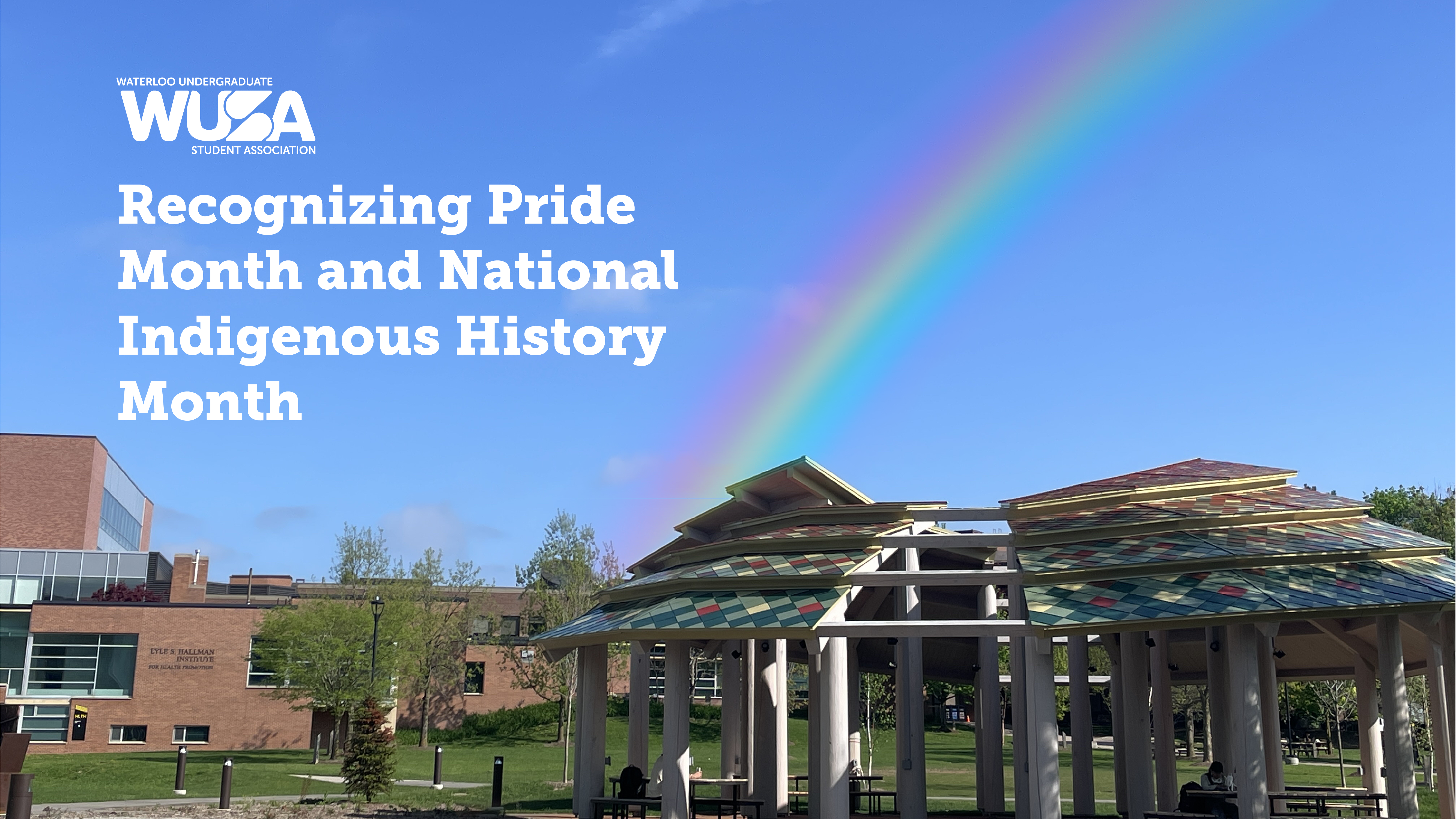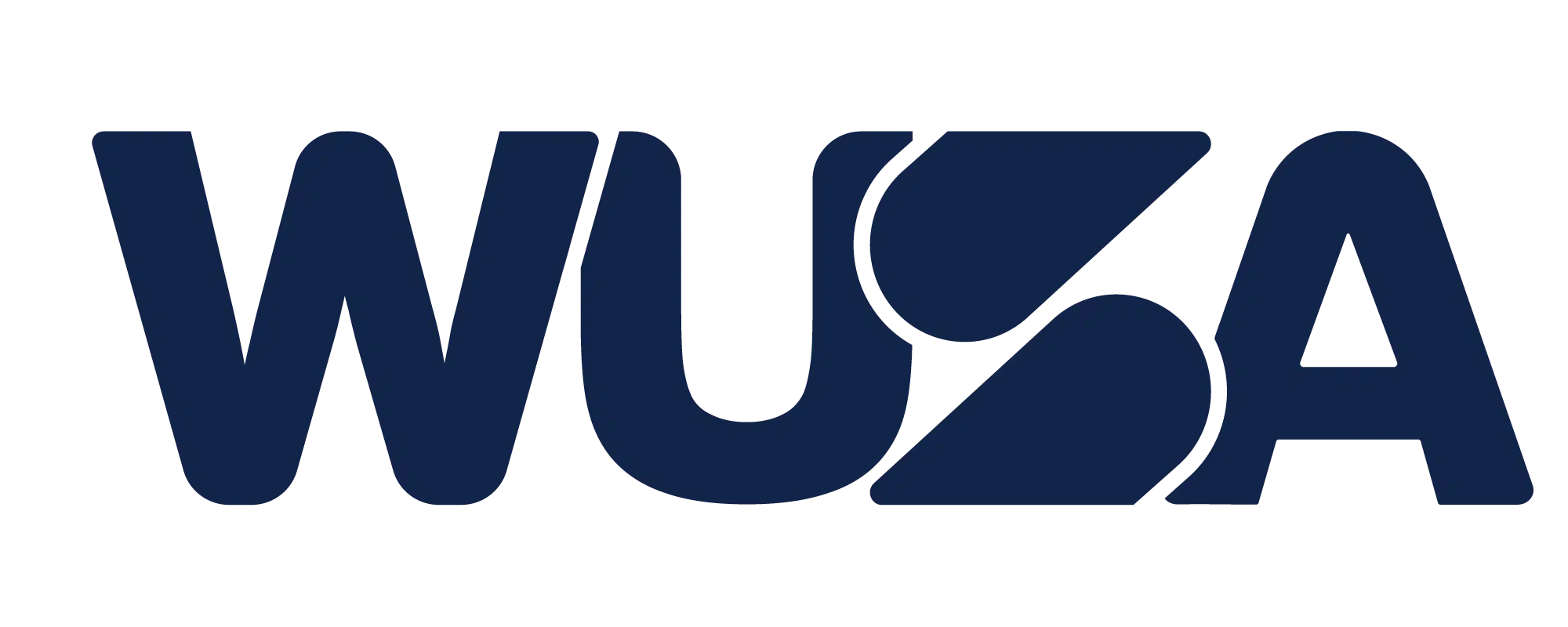Visibility Is Power: Pride, Indigenous History, and the Need to Keep Learning

By Riley (they/he) – Glow Centre Coordinator
Sometimes I hear people ask, “Why do gay people get a whole month?” and other similar things when it comes to days of awareness and visibility of marginalized communities. One good reason I will raise is the point of the month itself, awareness. If you asked people about the history of Pride, there probably aren’t many people who can give you a straight answer, pun intended. We dedicate days, weeks, and months to recognizing those who are often looked over because we have to. June is both Pride Month and National Indigenous History Month and, at Glow, we don’t just celebrate one or the other, we recognize both, as well as the intersectionality we see between the two communities.
Pride is often seen brightly and loudly, we always know when it is, and, if you forget, you’ll be reminded when you see companies change their logos for 30 days. Soon after the Stonewall Riots in June of 1969, gay and lesbian Canadians started protesting too. Glow was founded in 1971 by university students in Waterloo and was called the Waterloo Universities Gay Liberation Movement (WUGLM) and was surrounded by other organizations with similar goals of equality. The first official Pride celebration was in 1972 and has been held annually since then. In all of the events that are lined up for June on the main Waterloo campus alone, we see that Pride is very visible.
National Indigenous History Month (NIHM) has been recognized since 2009, but the first I heard of it was in 2024. The month itself highlights National Indigenous Peoples Day, which is on June 21st, and has been since 1996. If this surprises you, you’re not alone. I want to attribute this to the poor education we receive about Indigenous and Canadian history. As a person born and raised in Canada, I remember being “taught” about Indigenous Peoples in elementary and middle school. I put that in quotes because, looking back, I am frankly disgusted with what I learned and how I learned it. Can I blame my teachers though? No, they didn’t know either. I do remember having a Métis classmate, though, and her raising her hand to correct the teacher, a brave thing to do in 5th grade. I remember her being shut down and ignored because the stories her family shared weren’t “in the curriculum”. Looking back, I see how wrong that was.
Indigenous history is often glossed over, I’ve seen it oversimplified and watered down. Does that mean I know what happened? Can I speak a lot on Indigenous history? No, and I recognize that; I’m a privileged white guy who never had to deal with the generational trauma and effects of such a large cultural genocide. What I do know is that I have a lot to learn.
An important thing to touch on is the intersectionality in identity that some Indigenous People have with the 2SLGBTQIA+ community. In preparing to write this article, I realized that the cisgender heteronormative western society we all live in may be what separates us into different “marginalized groups” and even turns us on one another. In reading Intersections: Indigenous and 2SLGBTQQIA+ Identities from the Native Women’s Association of Canada, I learned how the colonization of Turtle Island not only led to the oppression of Indigenous Peoples but also triggered homophobia and transphobia within the communities. The booklet introduces terminology for queer identities that have existed for many years in multiple languages from different nations, and I noticed that, in contrast to the current language we use for queer terminology, none of them were othering. The term Two-Spirit, which was proposed in 1990 by Elder Myra Laramee to replace the offensive English term at the time, is also explained as being widely variable in definition, and seen as an umbrella term for IndigiQueer identities. They also explain how some Indigenous communities considered gender and sexuality to be fluid, and that people of varying genders and sexualities held important, and sometimes sacred, roles in their nation.
This shows that queerness, as it is perceived today, has always existed. What we see now is people having to explain the intersection between their many identities and experience oppression from many angles. In our attempts to categorize people and assign labels to each one, we forget that humans are complex. We all experience life in our own way, overcome our own challenges, and see things from different perspectives. Identifying someone with a single label overlooks their complexities and even erases some aspects of who they are. I will never be able to see something from your specific perspective, as my intersectional experiences will influence my perception. I urge you, again, to try looking at the world through other lenses. Listen to those who are different from you and learn from them; the world never runs out of things to teach us.
—
How To Celebrate This Month
There are many ways you can celebrate Pride Month and National Indigenous History Month this June. For a full list, check out:
- Recognizing Indigenous History Month with WUSA – find events happening around campus and in the community to celebrate Indigenous History Month
- Celebrate Pride Month with WUSA – find events happening around campus and in the community to celebrate Pride Month
Resources for Further Learning
- Allyship & General Knowledge Building | Office of Indigenous Relations | University of Waterloo
- Native Land – This tool allows you to explore the land that you work, visit, or live on and the Indigenous connection to it.
- LGBTQ+ Stories – downloadLibrary – OverDrive – This book list from the Waterloo Public Library highlights e-books and audiobooks written by LGBTQ+ authors.
- Voices From Here Video Series – This series features stories told by First Nations, Inuit, and Métis participants, shedding light on histories of resilience and resurgence.
- World Gender Customs Map – This tool allows you to explore the different customs and cultures related to gender from around the world.
- 30 must-read books to learn about the Indigenous experience in North America | CBC Books.
Published: Tuesday, June 3, 2025
